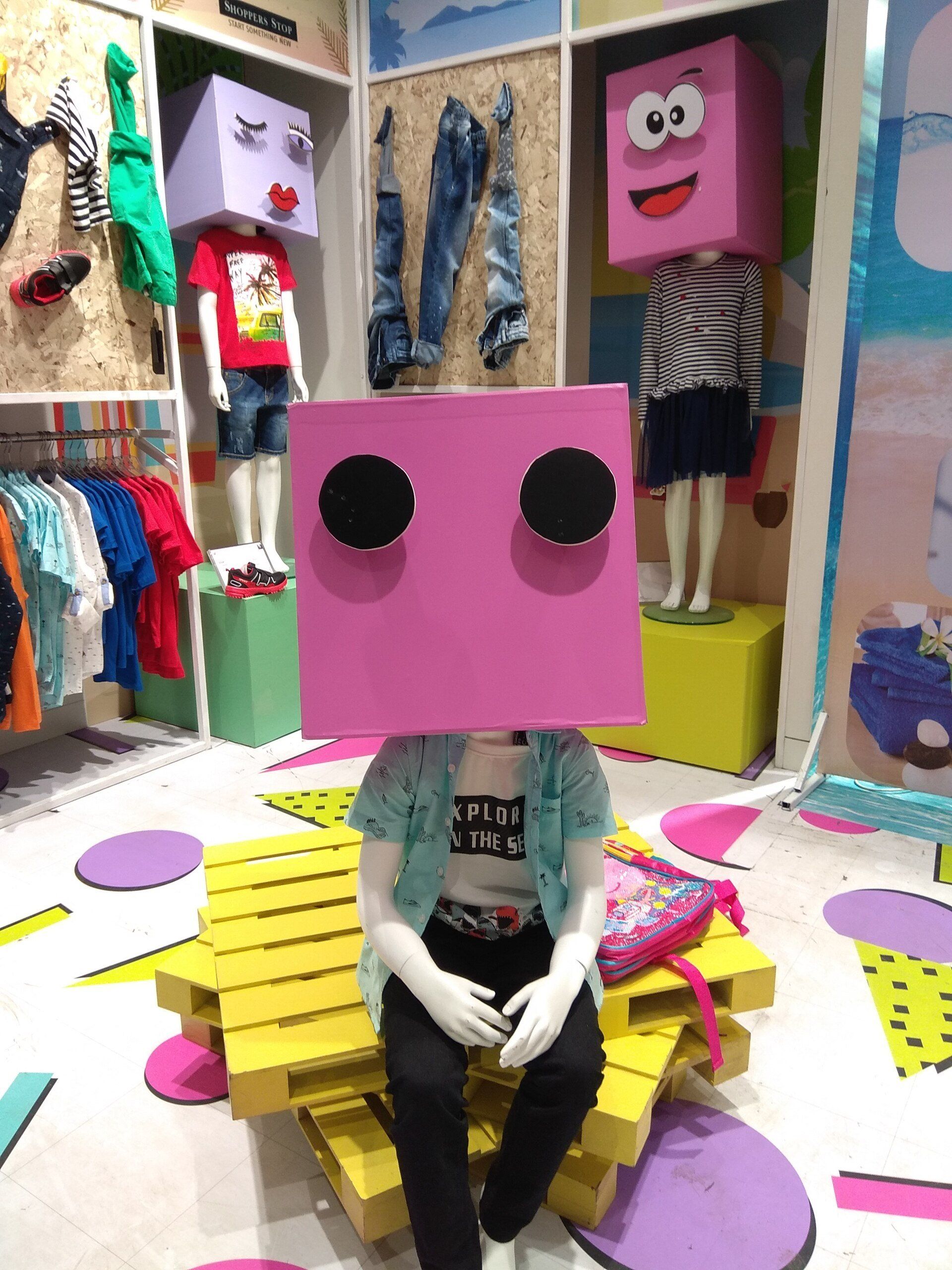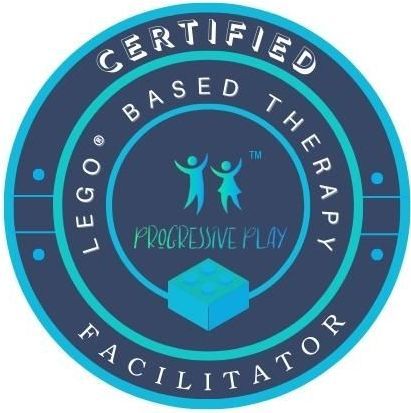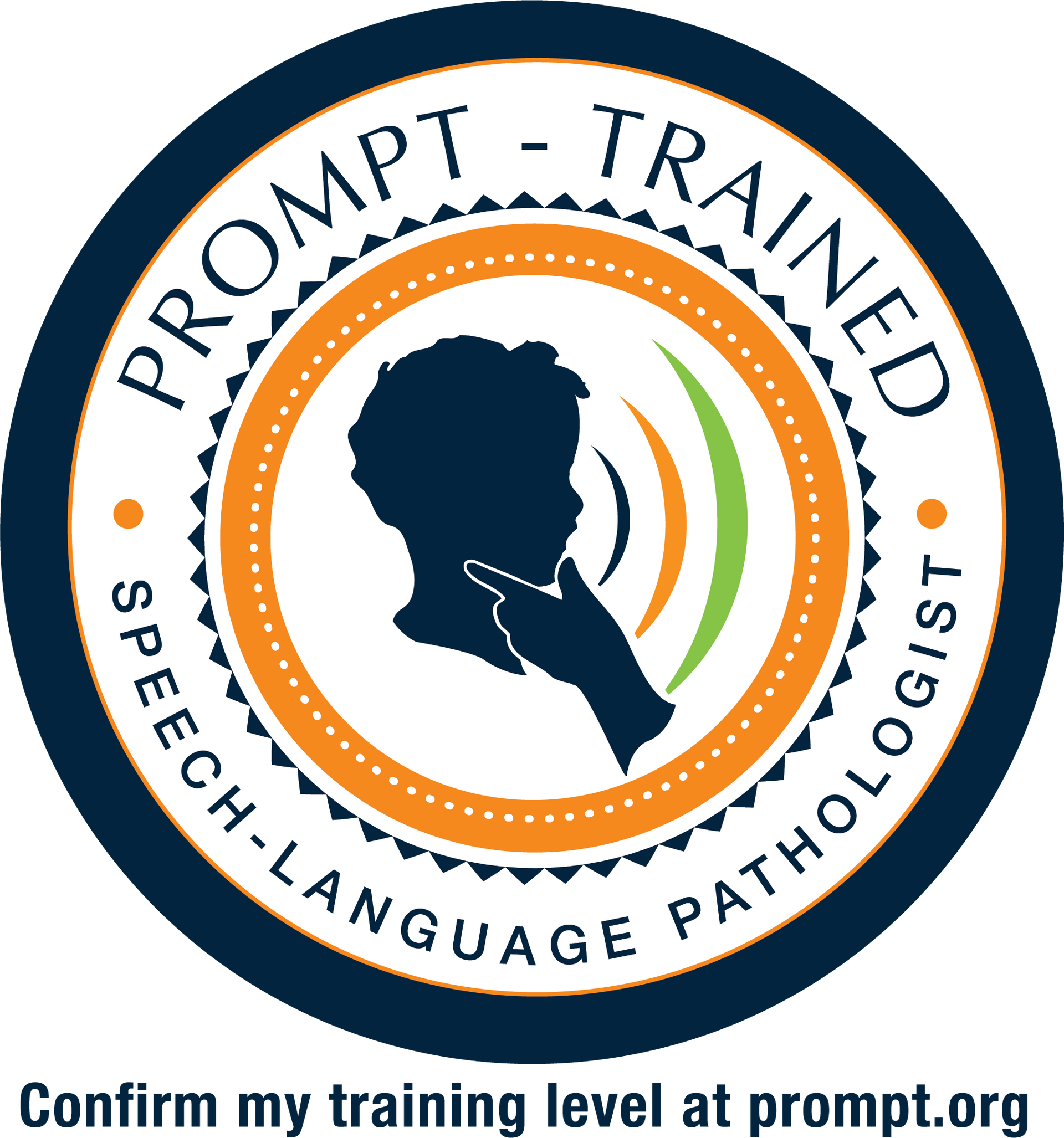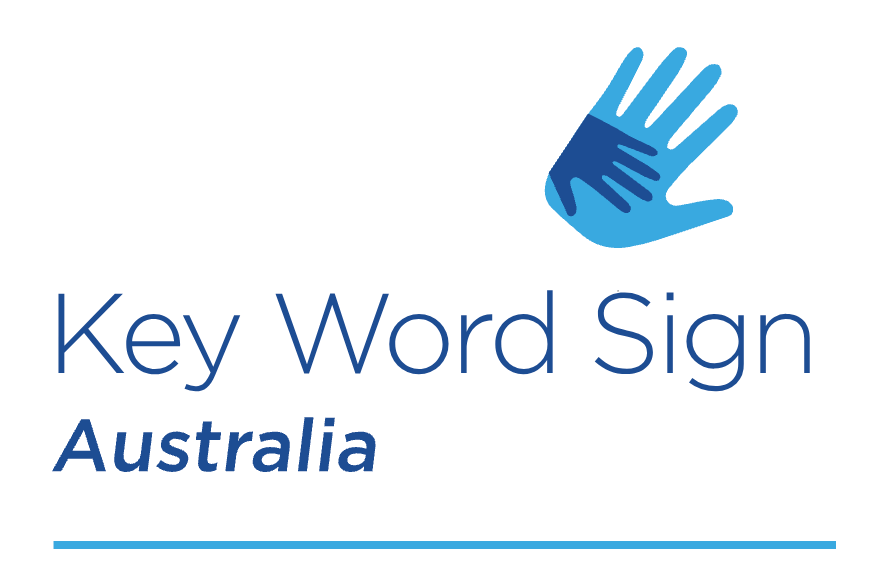Grow Confident With...
Children's Speech Pathology in Tweed heads
Support Your Child's Development
Communication is a fundamental aspect of human interaction; it enables us to share our thoughts, ideas and feelings with others. But for some children, this essential skill doesn't come naturally. Speech difficulties can not only affect a child's ability to communicate effectively but also their confidence, social skills and academic performance. For a child who struggles to communicate, everyday tasks can become challenges, hindering their personal development and social integration. That's where children's speech pathology can help!
As parents or caregivers, we want the best for our children. We want them to thrive, succeed and enjoy life. At Exploring Speech in Tweed Heads, we believe that early intervention is key to addressing speech issues in children and that with the right guidance and support, your child can develop the necessary communication skills to reach their full potential.
Our speech pathologist, Laura, is dedicated to helping children overcome their speech-related challenges. She understands that each child's needs are different and will work closely with you and your child to create a personalised therapy plan tailored specifically to them.
Common Speech Concerns in Children
Children can experience a wide range of speech and language difficulties, which may manifest in various forms. Some of the most common issues we see include:
- Articulation disorders (e.g., difficulty producing certain sounds)
- Language delay or disorders (difficulty understanding or using language)
- Stuttering or fluency disorders
- Voice disorders
- Speech sound disorders (i.e., difficulties with motor coordination for speech)
- Literacy difficulties (e.g., difficulty reading and writing)
At Exploring Speech, we understand that each child is unique, and their speech challenges require a tailored approach. Our speech pathologist, Laura, has worked with children of various ages, backgrounds and abilities and can address these challenges effectively. We use evidence-based methods to deliver individualised therapy that considers your child's specific needs and helps them achieve their full potential.
A Play-Based Approach to Speech Therapy
At Exploring Speech, we believe that children learn best through play. Our therapy sessions are designed to be fun and engaging, providing the ideal environment for your child to develop their speech skills. By using toys, games, music and other interactive activities, we can help your child feel more relaxed and motivated to participate in their therapy.
We also involve parents or caregivers in the therapy process, providing them with tools and strategies to support their child's speech development at home. By working together as a team, we can give your child the best chance of success.
Ready to Explore Your Child's Speech Together?
If you have concerns about your child's speech or language development, at any age, feel free to get in touch with us at Exploring Speech. We're here to listen, understand and support you and your child on their path towards improved communication skills.
Starting is easy; simply give us a call or send us a message, and we'll schedule a consultation to discuss your child's needs and goals further. Don't leave your child struggling with speech issues any longer; let's explore their potential together!
Based in Tweed Heads, we facilitate in-person, community-based, school and preschool appointments for children's speech pathology. We also offer Australia-wide Telehealth appointments and programming for children, adolescents and adults.
Learn More
What is children's speech pathology?
Children's speech pathology, also known as paediatric speech pathology, focuses on the assessment, diagnosis and treatment of communication disorders in children. Speech pathologists work closely with parents or caregivers to improve a child's ability to understand and use language effectively and overcome any difficulties with speech production, voice or fluency.
How do I know if my child could benefit from speech therapy?
If your child is struggling with communication and language skills, it may be an indicator that they could benefit from speech therapy. Some signs to look out for include difficulty understanding or following instructions, trouble pronouncing certain sounds or words, excessive stuttering or a hoarse voice. A speech pathologist can carry out a thorough evaluation and create a personalised treatment plan.
At what age can children start speech therapy?
Children can start speech therapy as early as 1-2 years old, depending on their individual needs. Early intervention can be highly beneficial in addressing speech and language difficulties in children, so it's never too early to seek support if you have concerns about your child's communication skills.
What happens during a speech therapy session for children?
During a speech therapy session for children, a therapist will typically engage the child in various play-based activities and exercises that target their specific speech and language needs. These may include games, songs, picture cards or other interactive tools to make learning fun and engaging. The pathologist will typically involve parents or caregivers in some sessions to provide support and guidance in practising speech and language skills at home.
How long does it take to see improvement in a child's speech?
The rate of progress varies for each child, depending on the severity of their communication difficulties and their engagement with therapy. While some children may start showing improvements within a few weeks, others may require longer periods to see significant changes. Consistent practice and support from parents or caregivers can play a significant role in the speed of progress.
Can speech therapy help with literacy difficulties in children?
Yes, speech therapy can typically be effective in addressing literacy difficulties in children. Speech pathologists can identify and target underlying language skills that impact reading and writing abilities, such as phonological awareness and comprehension. By improving these core skills, children can develop stronger literacy skills and become more confident readers and writers. Overall, speech therapy can play a significant role in promoting children's overall communication skills, confidence and success in their academic and social lives.

